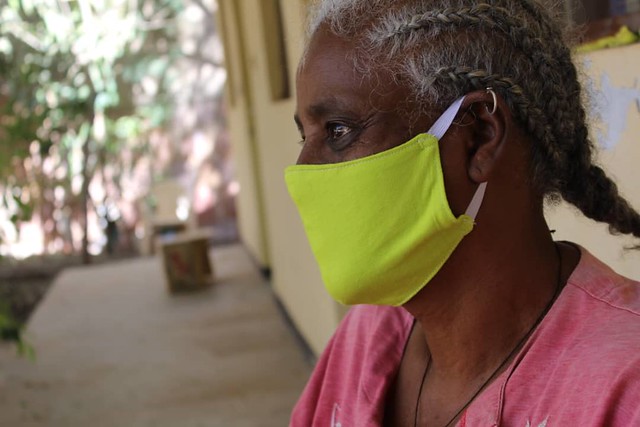
COVID-19 response
Join us in accompanying refugees during COVID-19
How are refugees affected by the pandemic?
Already fleeing from war, violence, and emergency situations, the almost 80 million refugees and displaced people around the world are likely to be among the hardest hit by the pandemic. Most refugees live in countries that are less prepared to combat the outbreak, where conflicts have destroyed health care infrastructures and weakened the health systems. Overcrowded refugee camps and urban areas with lack of sanitation increase the possibility for COVID-19 to spread rapidly. In many places, refugees already suffer from limited access to essential services and decent healthcare and are unlikely to be prioritised in the distribution of hygiene kits and vaccination programmes. Moreover, they are especially vulnerable to the social and economic repercussions of this pandemic.
The needs of our refugee brothers and sisters cannot be neglected. More than ever, now is the time to stand united as a global community and care for the most vulnerable.
How is JRS responding?
We distributed food, emergency supplies, and hygiene kits, much needed in places like Tanzania, Iraq and Venezuela. We installed handwashing stations in camps with limited sanitation and raised awareness around COVID-19 prevention and social distancing within the displaced communities.
We continue to accompany the most vulnerable by offering psychosocial support and counselling by phone and messaging platforms, as well as casework and legal assistance.
Most of our education and training programmes transitioned to distance learning using online and mobile learning platforms. In Lebanon, classes were held via WhatsApp groups, with teachers sending short videos, voice recordings, and pictures of exercises that could be done at home. In South Sudan, we offered teacher training via Microsoft Teams and large TV screens. Where such resources were not available, like in Afghanistan and in the Central African Republic, radio, podcasts, DVDs, and learning packets have also been utilised as effective means of continued learning for marginalised communities.
For JRS Pathfinder, our post-secondary education and training programme, we distributed laptops and data bundles to the students in Dzaleka refugee camp in Malawi, so they can connect from home and continue improving their digital skills. Many of our livelihoods programmes have also adapted to the market and are making facemasks.
Standing with refugees and migrants in the midst of COVID-19
JRS joined UN Secretary-General António Guterres’s appeal to all the warring parties across the world for an immediate global ceasefire in support of the bigger battle against COVID-19. As global relief efforts continue, JRS called on policymakers and partners to take appropriate steps to guarantee the right to asylum for those in need of protection, to stop detention and deportation of asylum seekers, and provide equal access to hygiene and health services.

What can you do?
PRAY
GIVE
From Italy to Syria to Bangladesh, JRS will continue to accompany displaced people facing the added risks and repercussions of COVID-19. Make a gift today to help us prepare for the further spread of the virus.
READ
We must remain in solidarity with our displaced brothers and sisters. Learn and share their stories to ensure that their voices are heard.

